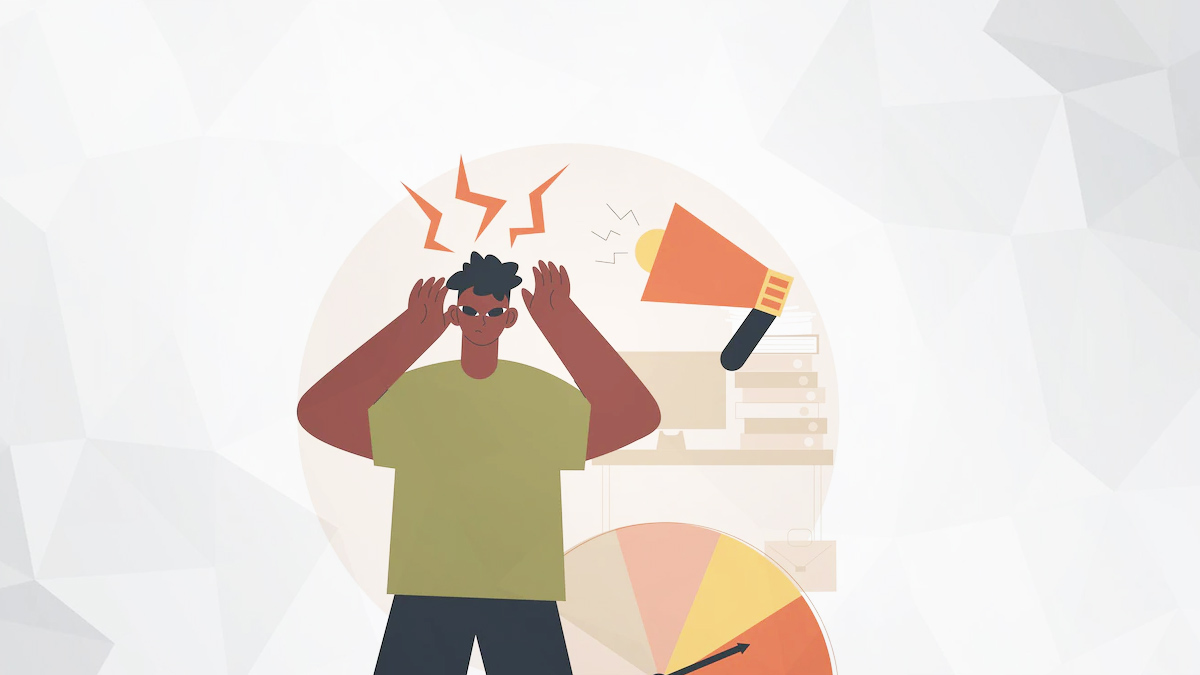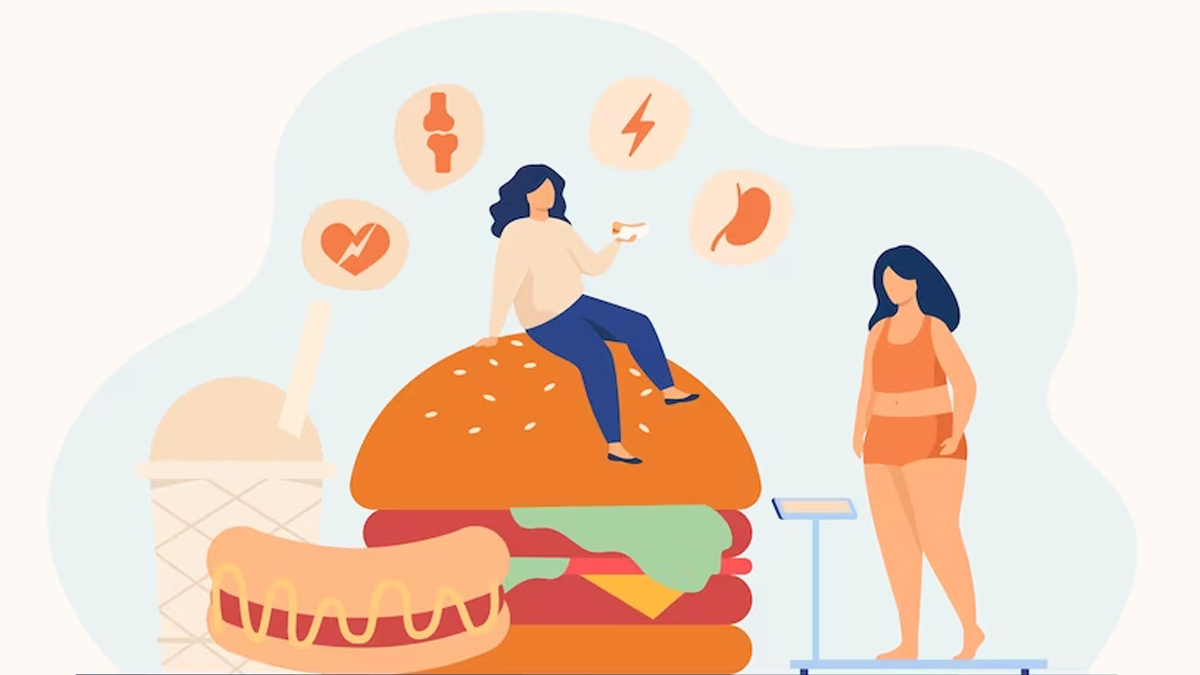
Have you ever heard that Eating can also be associated with a disorder? Eating disorders involve more than simply eating issues. They have a negative impact on both your body and mind. These disorders can disturb your thoughts about food, weight, body shape, and eating habits. They can appear in anyone of any age or gender, regardless of body weight, shape, or size.
Table of Content:-
“Eating disorders impair a person's connection with food, eating patterns, body image, and overall well-being. They encompass a variety of eating and body-related actions and attitudes that can have negative physical and emotional results,” said Archana Singhal, Counselor and Family Therapist, Founder, Mindwell Counsel, and Member of the Counsellors Council of India and WICCI NPWC.
People may exhibit a combination of these signs, and their presence does not necessarily prove the presence of an eating disorder. A thorough assessment by doctors is required for accurate diagnosis and proper treatment.
Significant Weight Changes
Rapid or significant weight loss without a medically supervised reason. Frequent fluctuations in weight, indicating a pattern of extreme dieting or binge-eating episodes followed by purging.
Also read: Winter Delight: 6 Health Benefits of Eating Dates
Obsessive Concerns About Food, Dieting, and Body Image
Preoccupation with food, calories, and dieting, often leading to rigid and restrictive eating habits.Constant dissatisfaction with body size or shape, regardless of actual appearance.
Changes in Eating Patterns
- Restriction of certain food groups or entire meals.
- Frequent episodes of binge eating, consuming large amounts of food in a short period with a loss of control.
- Evidence of purging behaviours, such as self-induced vomiting, laxative or diuretic abuse, or excessive exercise to compensate for overeating.

Social Withdrawal and Behavioural Changes
Avoidance of social gatherings involving food. Increased secrecy about eating habits. Changes in social interactions, mood swings, or increased irritability are some of the prominent sign that indicate eating disorder.
Physical Signs and Symptoms:
- Fatigue, weakness, and dizziness.
- Irregular menstruation or amenorrhea in females.
- Dry skin, brittle nails, and hair loss.
- Development of lanugo (fine, downy hair) on the body, especially in cases of severe malnutrition.
- Emotional and Psychological Indicators
- Persistent low self-esteem and negative self-image.
- Anxiety or depression related to body weight and shape.
- Perfectionism and an intense fear of gaining weight.
Also read: Glutathione For Alzheimer's: Experts Explain Role Of This Antioxidant In Treating Alzheimer’s
There is also an occurance of excessive exercise routines, often driven by a desire to burn off calories or lose weight as well as difficulty taking rest days from exercise.
Potential signs of eating disorders necessitates a multifaceted strategy that includes medical, nutritional, and psychological evaluations. A supportive treatment strategy that covers both physical and psychological components is critical for a successful recovery. If you suspect someone is suffering from an eating problem, it is critical to encourage them to get professional help from eating disorder specialists.
Also watch this video
How we keep this article up to date:
We work with experts and keep a close eye on the latest in health and wellness. Whenever there is a new research or helpful information, we update our articles with accurate and useful advice.
Current Version